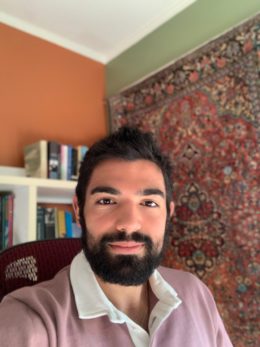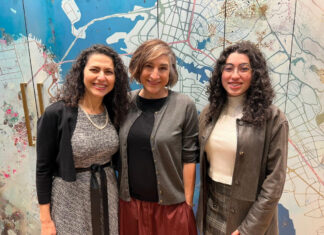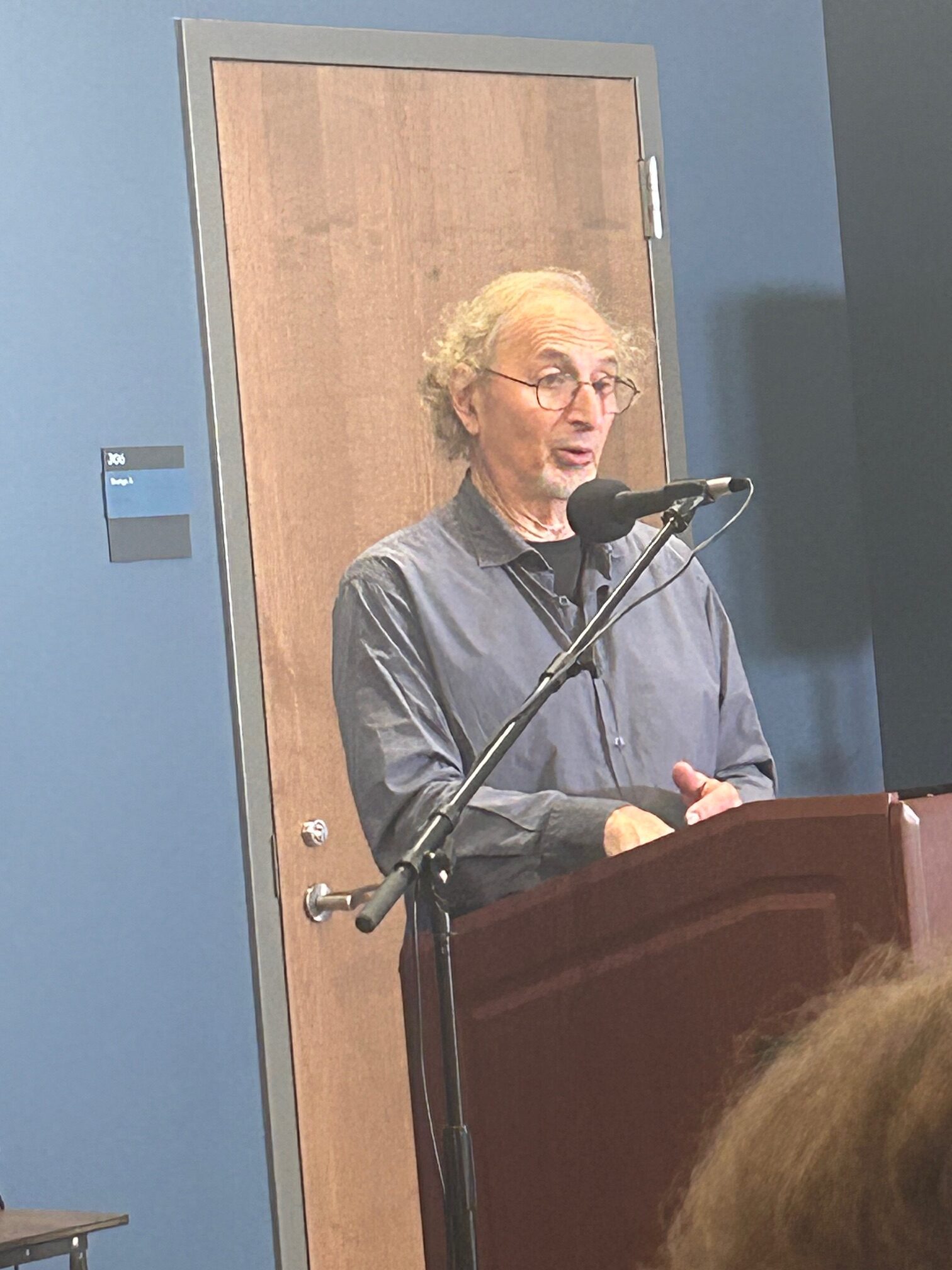By Serena Hajjar
Special to the Mirror-Spectator
BOSTON – Which demographic has most innately felt the chaos wreaked by COVID-19? While the virus has certainly unsettled everyone’s lives in a multitude of ways, it appears the youth have been uniquely impacted by the quarantines and shutdowns. The healthy dose of uncertainty which college graduates typically experience during these times under normal circumstances has now been amplified by an increasingly ambiguous future. Speaking to an assortment of graduates from the local Armenian community, I was struck not just by the distinct ways in which the pandemic has disrupted their lives, but also by their maturity and temperance regarding the difficult situation.
All three individuals – David Babikian, Antranig Kechejian, and Ani Chobanian – found themselves living at home with their parents after the outbreak of the virus and the resultant transition to online classes. This has certainly posed a stark change of scenery for these young adults who have grown accustomed to the independence of college life.
“We have an interesting experience now moving back in with our families at a time when we didn’t think we were going to,” said Babikian, a graduate of Princeton University. “We were just about to arrive at what we thought was more independence, and instead it turns out we’re back in the rooms we lived in during high school. I think that’s a strange feeling, maybe of regression and uncertainty about where we stand.”
Indeed, this unique situation has encouraged these youths to spend more quality time with their families, especially with siblings who similarly would not be living at home otherwise.










